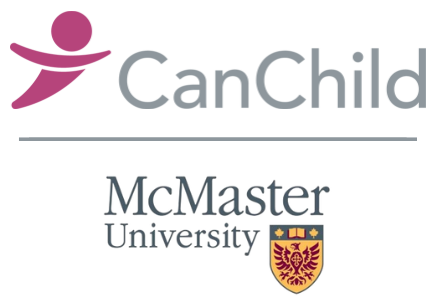In the Stay-FIT pilot study, it was determined that the physical activity level of adolescents with CP (mean age 13.5 years) was lower than that of their healthy peers. However, the vessel health was not statistically different.
Read Resources
30 resources found
Canadian child development organizations lead research in innovative supports for making practice changes based on evidence
Administrators in the study reported that knowledge brokering appears to be an efficient strategy for providing educational opportunities that enable integration of new ideas into everyday practice.
Read Resources
Early Identification: Are Toddlers with Speech/Language Impairments at Increased Risk for Developmental Coordination Disorder?
Some children with speech/language impairment show delays in their ability to communicate, which are not due to any sensory, intellectual or neurological disorder.
Read Resources
Developmental trajectories of youth with disabilities, ages 12 to 25 years
This project was initiated and funded by the Ministry for Child and Youth Services (MCYS) in Ontario. The results of our synthesis have been used for the ministry’s development of a Youth Policy Framework, named stepping stones.
Read Resources
Are Services Meeting the Health Needs of Children with Cerebral Palsy?
Cerebral palsy (CP), one of the most common physical disabilities in childhood, is often associated with co-occurring health conditions, which often have a great impact on children and families. As a result, children with CP require a wide variety of health services.
Read Resources
Taking the Leap
An informational transition guide for teens with Cerebral Palsy (CP) in starting high-school.
Read Resources
Adolescents with cerebral palsy: Transition to high school
The literature helps in understanding the things that affect children with CP in moving from preschool to primary school and from school to post-secondary options.
Read Resources
The International Classification of Functioning, Disability, and Health (ICF): There is Always More Than a Single Story*
The ICF helps clinicians and families think about a broader and fuller picture of both the specific health information and the life situation of a patient.
Read Resources
Patterns and Predictors of Recreational and Leisure Participation for Children with Physical Disabilities
For children and youth, involvement in life situations includes participation in recreational and leisure activities as well as school and work activities.
Read Resources
Enhancing Fitness, Adaptive Motor Function, and Participation of Children with Cerebral Palsy Classified in Levels IV and V
This report will address adaptive motor function of children with cerebral palsy. Adaptive motor function enables performance of activities in daily life despite limitations in motor control of posture and movement.
Read Resources
